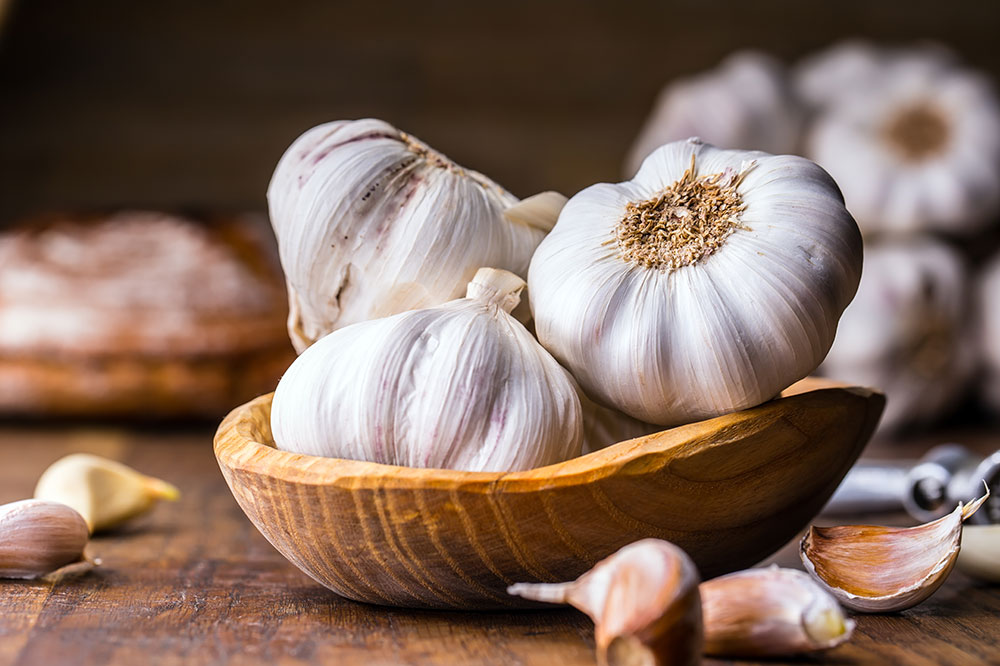Lupus – Foods to eat and avoid
Lupus is a disorder that causes inflammation and pain throughout the body. It occurs when the immune system erroneously attacks healthy tissue, which means that it’s an autoimmune condition. Unfortunately, there is no specific diet to prevent lupus. However, eating and avoiding certain foods can help manage the symptoms and prevent complications.

The foods listed below are safe to consume for lupus patients.
Omega-3-rich foods
Omega-3 fatty acids are healthy fats that have proven to lower inflammation. In people with lupus, Omega-3s can also reduce flare-ups; thus they are a vital nutrient. Fatty fish, such as salmon, sardines, mackerel, shrimp, trout, and tuna, are the top sources of these healthy fatty acids. Those who don’t eat fish can choose from plant-based alternatives such as walnuts, chia seeds, and flax seeds.
Foods high in calcium
Medications prescribed to treat lupus may lead to bone disorders such as osteoporosis and osteopenia. To prevent such conditions, it’s important to increase the intake of a bone-strengthening mineral like calcium. Some of the best calcium-rich foods include low-fat milk, yogurt, cheese, tofu, beans, and dark leafy greens like spinach and broccoli. Since dairy products are high in saturated fats, it’s important to limit their consumption.
Foods loaded with antioxidants
Choose foods rich in antioxidants such as beta carotene, selenium, and vitamins A, C, E. Antioxidants can help lower inflammation and prevent cell damage due to free radicals. In some lupus patients, antioxidants can even prevent flare-ups. Some foods high in antioxidants include fruits and vegetables such as carrots, sweet potatoes, red peppers, citrus fruits, and blueberries. Other excellent sources include oats, granola, nuts, legumes, black tea, and green tea.
When it comes to foods to avoid, lupus patients should stay away from the following foods.
Alfalfa sprouts
Alfalfa sprouts are one of the worst foods for people suffering from lupus. They contain a compound called L-canavanine, which can disrupt the immune system and trigger a flare-up. Besides completely avoiding raw alfalfa sprouts, one should steer clear of salad bars, sandwiches, or any other foods containing the ingredient.
Garlic
Garlic contains several compounds that can boost the number of white blood cells and strengthen the immune system. However, in people with lupus, it can make the immune system overactive and cause a flare-up of symptoms. Although small amounts of garlic may not be harmful, one should try avoiding it as much as possible.











